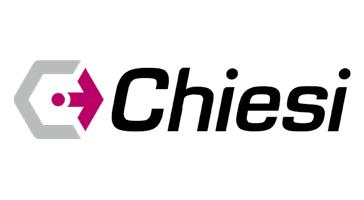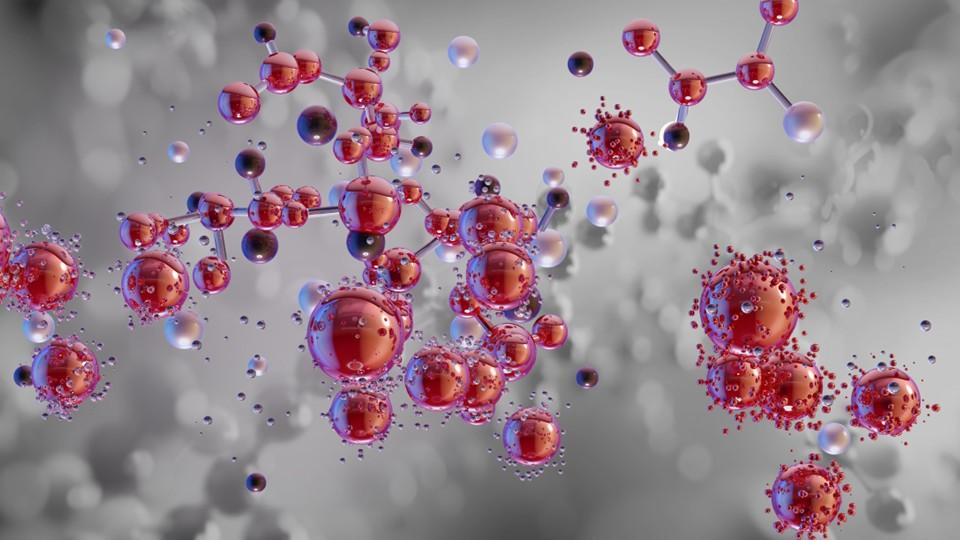The potential of digital health and AI for transforming rare disease care

This pre-recorded webinar was fully funded by Chiesi GRD and hosted by pharmaphorum. Professor Maurizio Scarpa received an honorarium for his participation and contribution to this webinar. The speakers, Professor Alberta Spreafico and Alessandra Vignoli are full time employees of EVERSANA and Chiesi GRD, respectively.
AI and digital health have tremendous potential to improve patient outcomes across healthcare, but in rare disease – where small patient groups, delayed diagnosis, and barriers to access create major hurdles for care – that transformative potential is particularly sought-after.
Lysosomal Storage Disorders (LSDs) are a good example. LSDs represent a group of rare genetic diseases characterised by enzyme deficiencies, leading to the accumulation of toxic substances in cells. These disorders pose significant challenges for timely diagnosis, effective care, and comprehensive patient management. However, advancements in digital health technologies (DHTs) and artificial intelligence (AI) have the potential to further the field, addressing long-standing gaps in care and improving outcomes for patients with LSDs.
Here’s what an array of thought leaders associated with the project had to say about the potential of digital health technologies:
“With the rise of telemedicine and wearable devices, we can harness AI-driven analytics to seamlessly integrate patient data beyond hospital walls. Patients seek an improved quality of life, beyond treatment. Our focus must be on empowering them to live well with their condition, and with these innovations, we are making remarkable strides forward.”
Prof Maurizio Scarpa,
Chair
MetabERN
“Digital health technologies – from AI to telemedicine and digital medical devices – are poised to enhance rare disease care journeys. It is essential to integrate trusted and effective innovations equitably and systemically, ensuring they empower healthcare professionals, patients, and the entire care ecosystem.”
Prof Alberta Spreafico
SVP, Health Innovation
EVERSANA
“Digital health innovations for rare diseases, especially LSDs, enable personalised and optimised patient care by improving diagnostics, management, and treatment."
Dr Christina Lampe
Medical Liaison
MetabERN
“Digital health innovation can improve rare disease patients' health trajectory.”
Dr Sarah Zohar
Director of Research
INSERM
"The integration of digital health into rare disease care, including Lysosomal Storage Disorders, enables earlier detection and closes critical gaps in accessibility and knowledge."
Dr Álvaro Hermida Ameijeiras
Physician of Congenital Metabolic Diseases
University Clinical Hospital of Santiago De Compostela
“Digital health innovations in rare diseases, and LSDs specifically, will accelerate our insights in the pathophysiology, speed up the diagnostics and the development of new and innovative therapies, eventually leading towards an improvement of the care and management of these diseases.”
Prof François Eyskens
Head of the Department for Metabolic Disorders in Children
University Hospital of Antwerp
“At Chiesi Global Rare Diseases, we are committed to advancing care for patients with Lysosomal Storage Disorders by fostering innovation and collaboration. This initiative represents a crucial step in integrating digital health technologies into rare disease management, ensuring that patients and healthcare professionals have access to the most effective tools that can improve outcomes and streamline care pathways.”
Alessandra Vignoli
Vice President of Regional Portfolio Strategy AIM
Chiesi Global Rare Diseases
“As healthcare systems evolve, digital health technologies have the potential to transform how we diagnose, treat, and manage rare diseases. This initiative not only explores these opportunities but also underscores the importance of evidence generation, policy innovation, and multi-stakeholder collaboration to drive sustainable advancements throughout the patient journey.”
Enrico Piccinini
SVP Europe and International
Chiesi Group
As these insights show, the integration of DHTs and AI into the field of Lysosomal Storage Disorders represents a significant opportunity to improve the care of patients and families affected by these rare conditions, and provide a template for how these technologies can improve rare disease clinical management more broadly.
You can learn more about this initiative by checking out the webinar here, available on demand.
But it will take more than technology to bring this potential to life. It will require continued investment, collaboration, and innovation to make the vision of a future where rare diseases are no longer underserved a reality.
XI-RD-2500007
February 2025
About Chiesi Global Rare Diseases

Chiesi Global Rare Diseases is a business unit of the Chiesi Group established to deliver innovative therapies and solutions for people affected by rare diseases. As a family business, Chiesi Group strives to create a world where it is common to have a therapy for all diseases and acts as a force for good, for society and the planet. The goal of the Global Rare Diseases unit is to ensure equal access so as many people as possible can experience their most fulfilling life. The unit collaborates with the rare disease community around the globe to bring voice to underserved people in the health care system.











